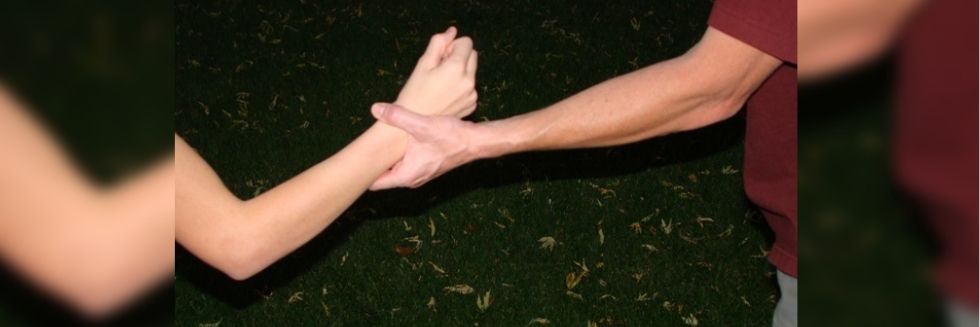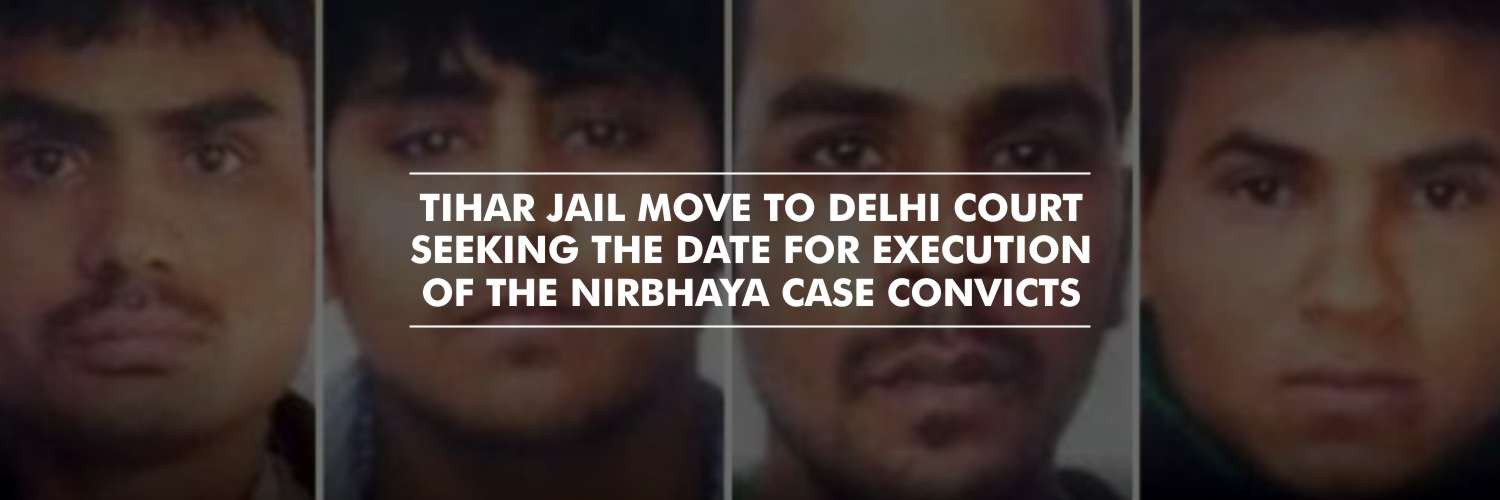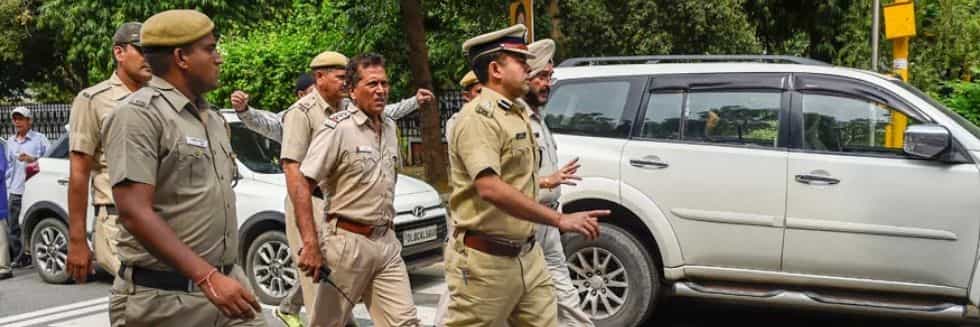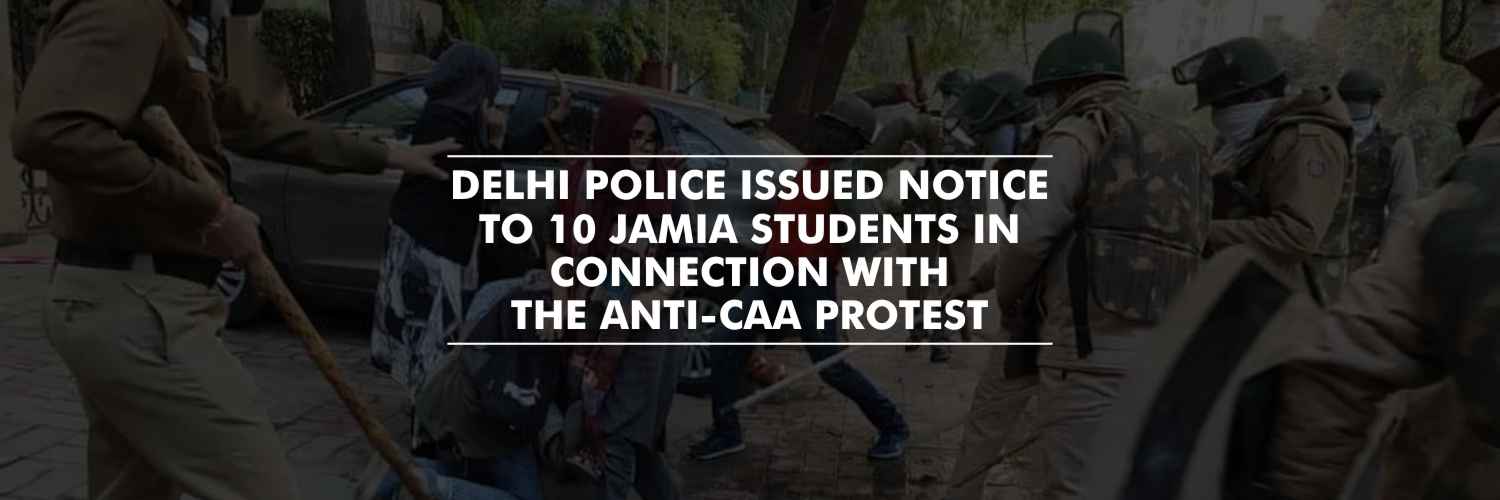In a significant order, the Madurai Bench of Madras High Court has directed the Tamil Nadu government to immediately ban the use of two finger tests on the victims of sexual offences.
The High Court bench comprising Justice R Subramanian and Justice N Sathish Kumar noted that the two-finger test is being used in cases involving sexual offences, particularly, on minor victims even after the Supreme Court judgment which held that it violates the right of rape survivors to privacy, physical and mental integrity and dignity.
“In view of the above judicial pronouncements, we have no doubt that the two finger test cannot be permitted to be continued. Therefore, we issue a direction to the State Government to ban the practice of two finger test on victims of sexual offences by the medical professionals forthwith,” the bench stated.
The bench was hearing an appeal filed under the Protection of Children from Sexual Offences Act (POCSO Act), 2012 where both the parties were seeking a ban on the practice of two finger test.
The bench referred to a 2013 Supreme Court decision in Lillu @ Rajesh & Anr. v State of Haryana, where the court had held that two-finger test and its interpretation violates the right of rape survivors to privacy and physical and mental integrity and dignity.
The bench also referred Re: Re: Assessment of the Criminal Justice System in response to Sexual Offences where Supreme Court had sought a status report on “whether the medical experts have done away with the Per-Vaginum examination commonly referred to as ‘Two-finger test’ and whether any directions have been issued by the states in this regard?”
The High Court bench highlighted similar decisions by High Courts of other states. Gujarat High Court in State of Gujarat v Rameshchandra Ramabhai Panchal had held that the two-finger test is the most unscientific method of examination used in the context of sexual assault and has no forensic value.
The bench was hearing an appeal filed by a POCSO accused. A trial court convicted him under Section 5(i) [aggravated penetrative sexual assault] of the POCSO Act and Section 363 (kidnapping) of the Indian Penal Code. He was sentenced to life imprisonment under POCSO Act and seven year imprisonment under Section 363.
The prosecution alleged that the accused enticed 16-year-old survivor, kidnapped her and raped her repeatedly.
The appellant’s counsel Advocate S Sivasubramanian argued that the entire evidence, if read properly, shows that the victim girl had gone with the accused as per her own wish and it was a consensual relationship.
Advocate Sivasubramaniam also questioned the inconsistencies in the statement given by the doctor who examined the minor and administered a two-finger test.
Additional Public Prosecutor T Senthil Kumar submitted that it is high time that the practice of two finger test should be stopped.
Scrutinizing the evidences and circumstances of the case, the High Court bench noted that offence of kidnapping under IPC Section 363 would not be attracted.
The bench considered the quantum of sentence harsh and commuted it from life imprisonment to 20 years in jail.
“The Criminal Appeal is partly allowed. The conviction and sentence for the offence under Section 363 IPC is set aside in toto. The conviction for the offences under Section 5(l) and 6(1) of the POCSO Act is confirmed and the life sentence is, however, reduced to 20 years of rigorous imprisonment. The fine of Rs.1,00,000/- and the default sentence of simple imprisonment for 3 months, is confirmed,” read the High Court order.






